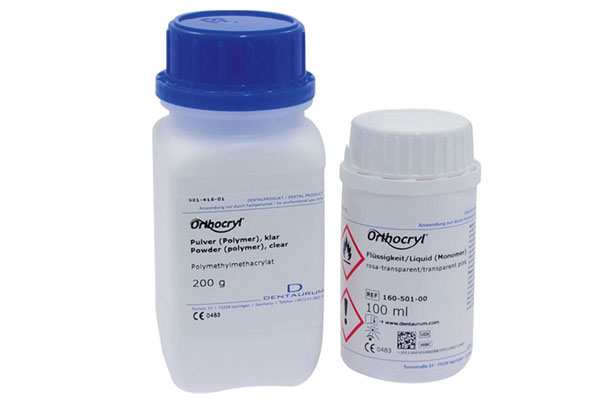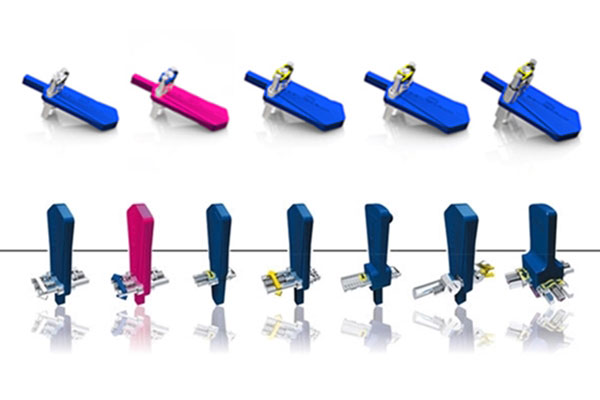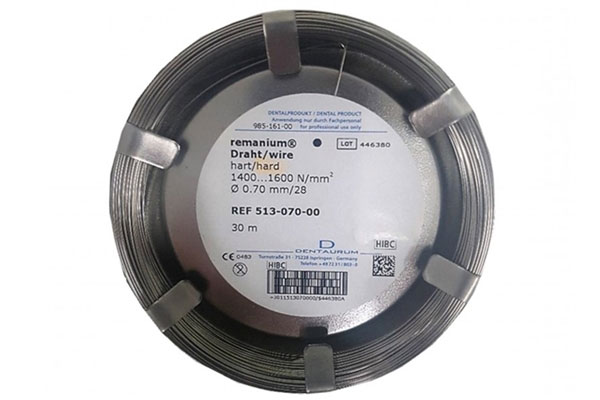Functional Appliances Lab from China
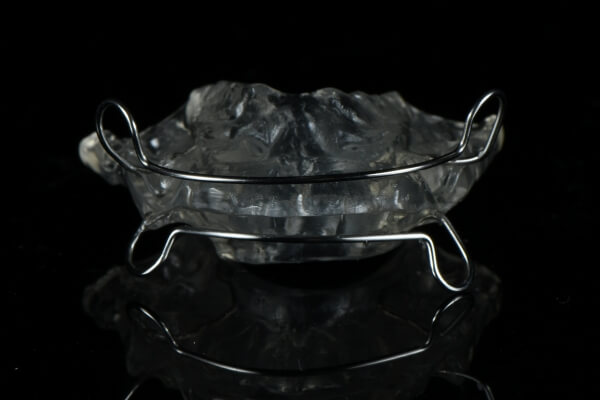
Robust Functional Appliances
Functional appliances in dentistry are devices used to address issues like misaligned bites, jaw discrepancies, or malocclusions. They aim to influence the growth of the jaw, correct positioning of teeth, and improve overall function. The main goal is for a proper balance of bone, muscle and tissue.
Examples include the Frankel appliance, Twin Block appliance, Bionator appliance, and other orthodontic devices designed to guide jaw development and tooth alignment during growth.
Featured Functional Appliances
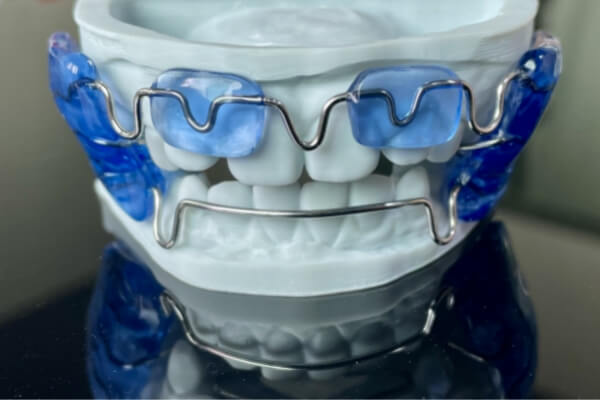
Frankel Appliance
The Frankel appliance is created by Dr. Rolf Frankel of Germany, It is a type of functional appliance designed to correct certain types of bite misalignments and jaw discrepancies (class II and class III) in growing individuals. It helps in guiding the growth of the jaw and teeth into a more desirable position.
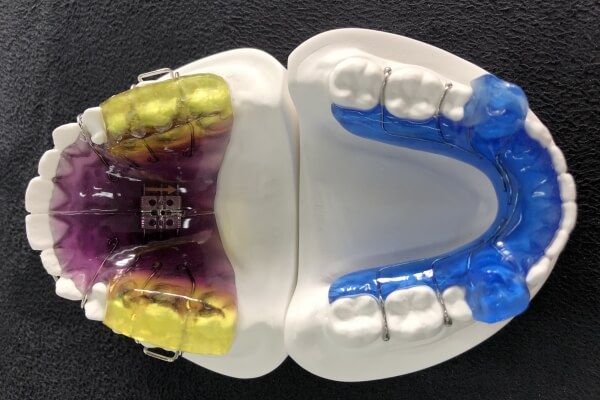
Twin Block Appliance
The Twin Block appliance is another orthodontic device used to correct misalignments (normally class II) in the jaw and bite. It consists of two separate parts, one for the upper teeth and one for the lower teeth, which work together to reposition the lower jaw forward. By encouraging the jaw to grow in a more favorable position, it helps address issues like underbites and promotes proper alignment of the teeth and jaws.
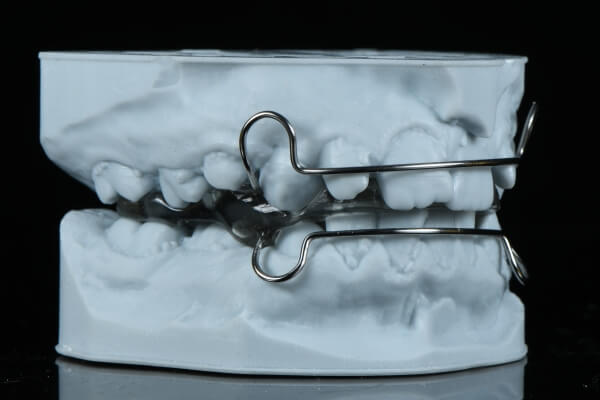
Bionator
The Bionator appliance is a type of orthodontic appliance used to correct jaw discrepancies and align the teeth. It’s designed to encourage proper growth of the jaw by guiding its development and helping improve the bite. This removable device is often used in younger patients during their growth phase to address issues like overbites or underbites.
Functional Appliances Lab Equipment & Material
Robust Fuctional Appliances Specification
| Product: | Functional Appliances |
| Functional therapy appliance screws and parts: | Dentaurum from Germany |
| Functional therapy appliance resin: | Dentaurum from Germany |
| Way of manufacturing: | Traditional way |
| Warranty: | 1 year |
Functional Appliances FAQ Guide
1. Who needs Functional appliances?
Functional appliances like the Bionator, Frankel or Twin Block are typically recommended for children or teenagers whose jaws are still developing. These appliances are often used when there are issues with the alignment of the upper and lower jaws, such as overbites, underbites, or crossbites. They can help guide jaw growth and improve the relationship between the upper and lower jaws, aiming to correct these issues before they become more challenging to treat in adulthood.
2. Advantages of Functional appliances
Functional appliances offer several advantages:
- Early Intervention — They are often used in growing children to address jaw misalignment issues before they become more severe or harder to correct in adulthood.
- Guided Jaw Growth — These appliances can guide the growth of the jaws, encouraging them to develop in a more harmonious position, potentially reducing the need for extensive orthodontic treatment later on.
- Improvement in Bite — Functional appliances help align the upper and lower jaws, correcting overbites, underbites, or crossbites, leading to a more functional and aesthetically pleasing bite.
- Reduced Need for Extractions — By correcting jaw discrepancies early, functional appliances may sometimes reduce the need for tooth extractions or more invasive treatments in the future.
- Non-Invasive — They are typically removable and non-invasive compared to some other orthodontic treatments, making them more comfortable for the patient.
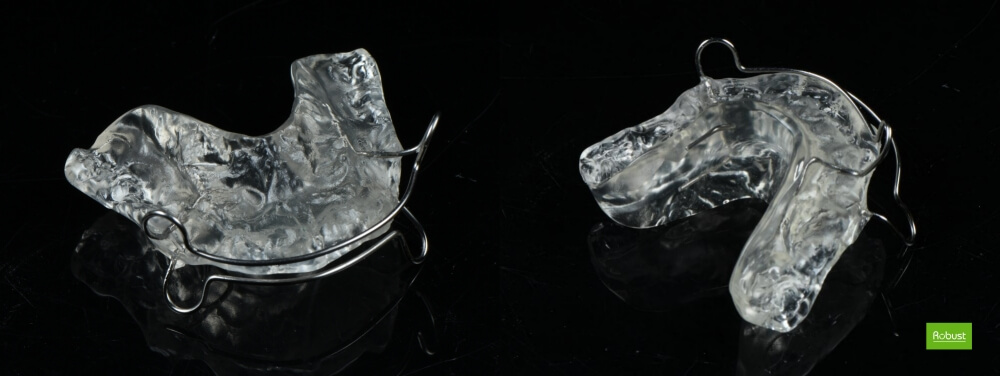
3. Disadvantages of Functional appliances
While functional appliances offer various benefits, they also have some limitations or potential drawbacks:
- Compliance — Success often relies on consistent wear, and some patients may find it challenging to comply with wearing the appliance as directed, which can affect treatment outcomes.
- Speech and Eating Adjustments — Initially, some users may experience difficulty speaking or eating until they adapt to the appliance, which can be an inconvenience.
- Limited Applicability — Functional appliances are most effective in patients with ongoing jaw growth. They might not be as effective or suitable for adults or individuals whose jaw growth has already ceased.
- Potential Discomfort — Like any orthodontic appliance, functional appliances might cause discomfort or soreness, especially during the initial adjustment period.
- Treatment Time — Achieving desired results may take time, and consistent wear of the appliance over an extended period might be necessary for effective treatment.
Understanding these limitations can help manage expectations and ensure a smoother experience for those undergoing treatment with functional appliances.
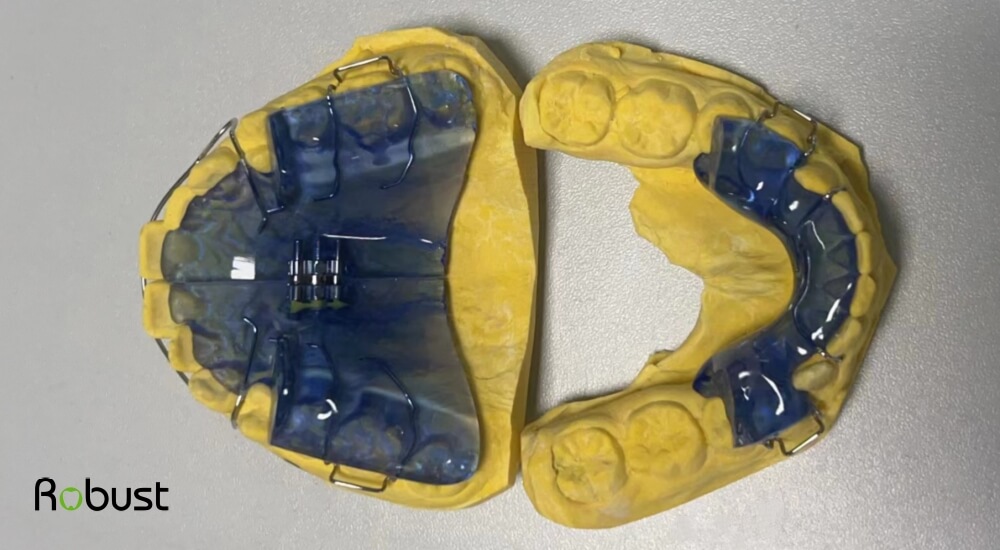
4. How to care for Functional appliances?
Caring for functional appliances involves specific steps to maintain their effectiveness and hygiene:
- Cleaning — Regularly clean the appliance by brushing it gently with a toothbrush and mild soap or toothpaste. Rinse it thoroughly to remove any residue before placing it back in the mouth.
- Avoiding Damage — Handle the appliance carefully to prevent damage. Avoid dropping it or subjecting it to high temperatures, which could warp the material.
- Consistent Wear — Follow the orthodontist’s instructions for wearing the appliance consistently. Adhering to the prescribed schedule is crucial for successful treatment.
- Storage — Store the appliance properly when not in use. Use the provided case or container to keep it safe from damage or loss.
- Regular Check-ups — Attend regular follow-up appointments with the orthodontist to monitor progress and ensure proper functioning of the appliance. They can also provide guidance on care and adjustments.
- Avoiding Certain Foods — Some foods might damage the appliance or cause discomfort. Avoid sticky or hard foods that could dislodge or damage the appliance.
By following these care tips and any specific instructions provided by the orthodontist, you can maintain the functionality and effectiveness of your appliance throughout the treatment period.
